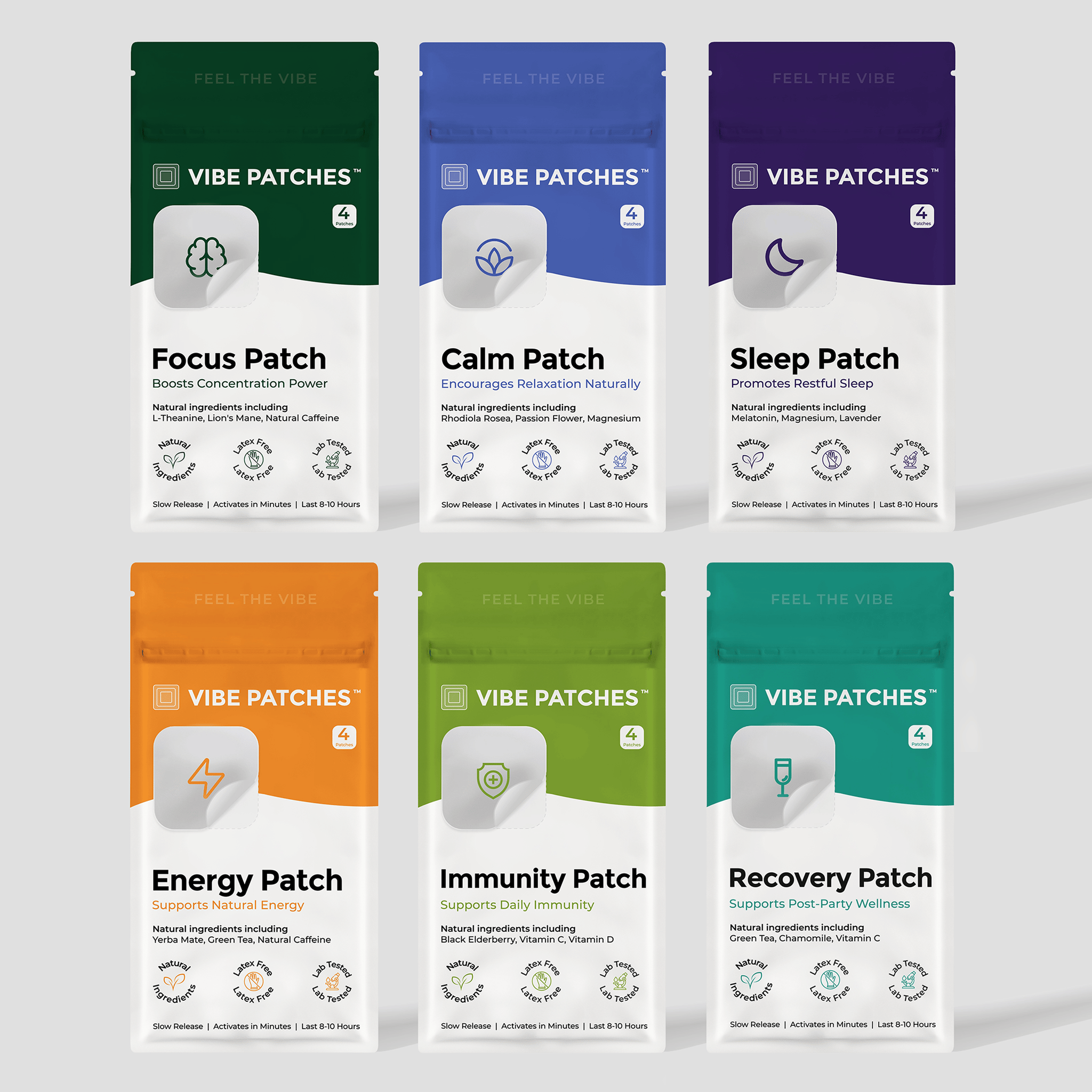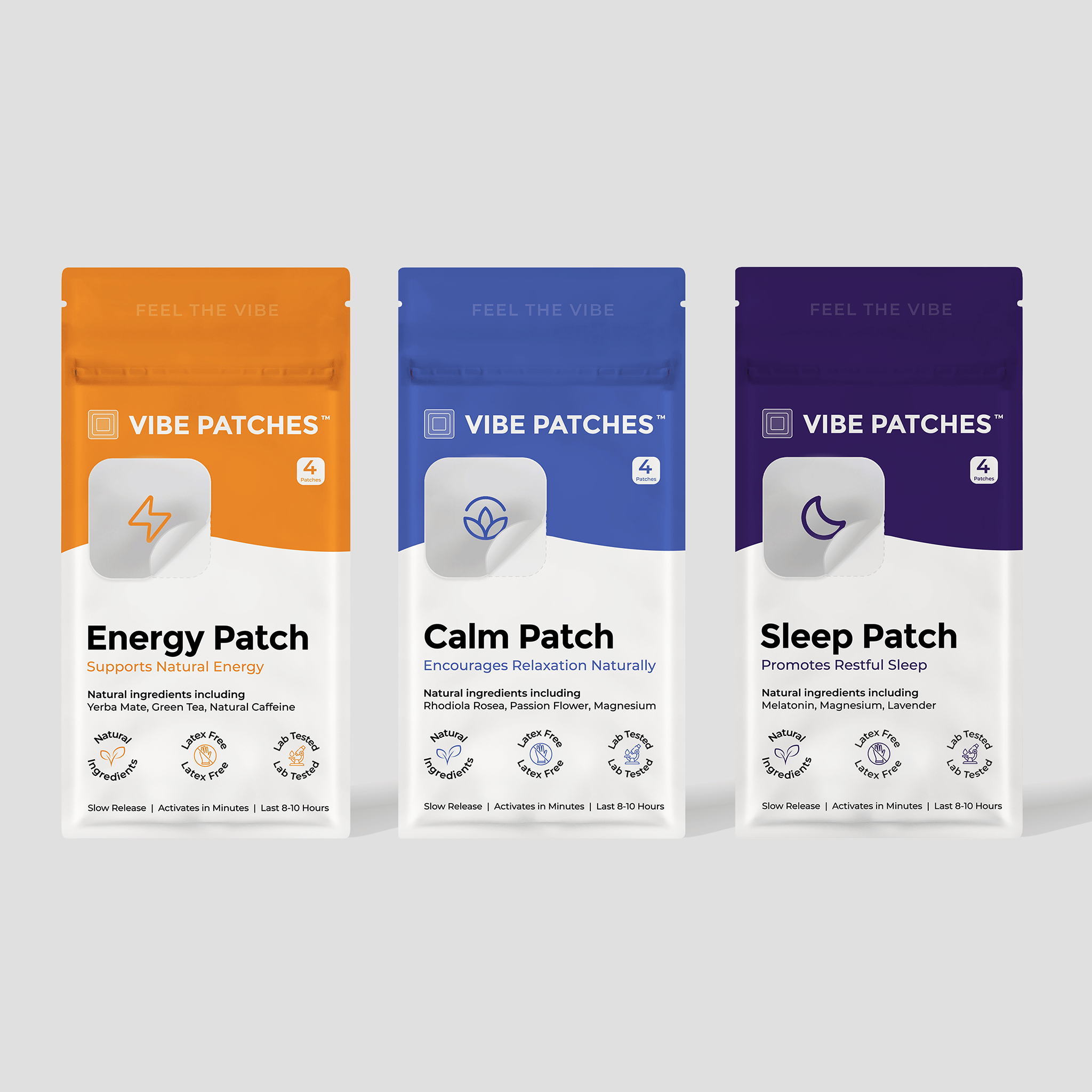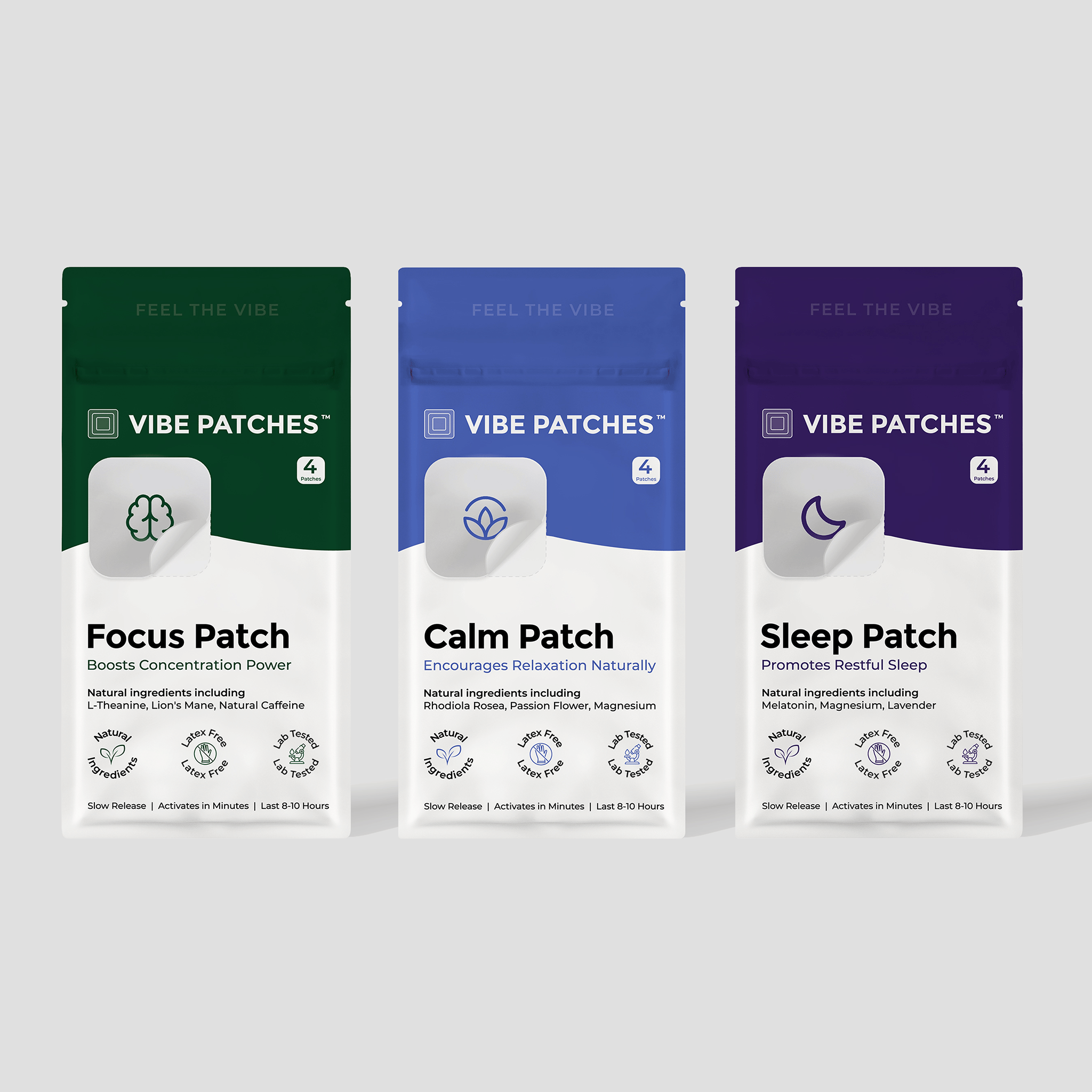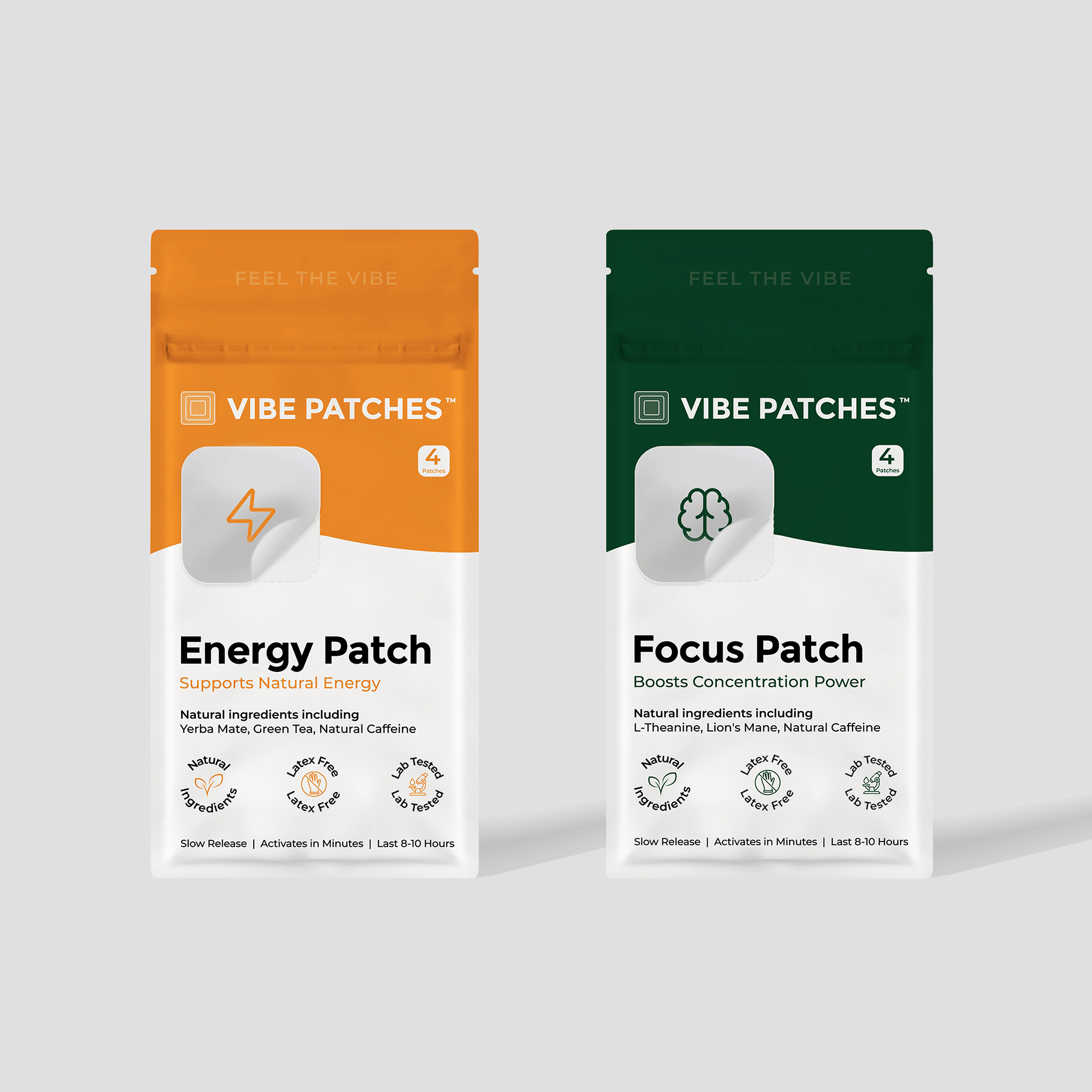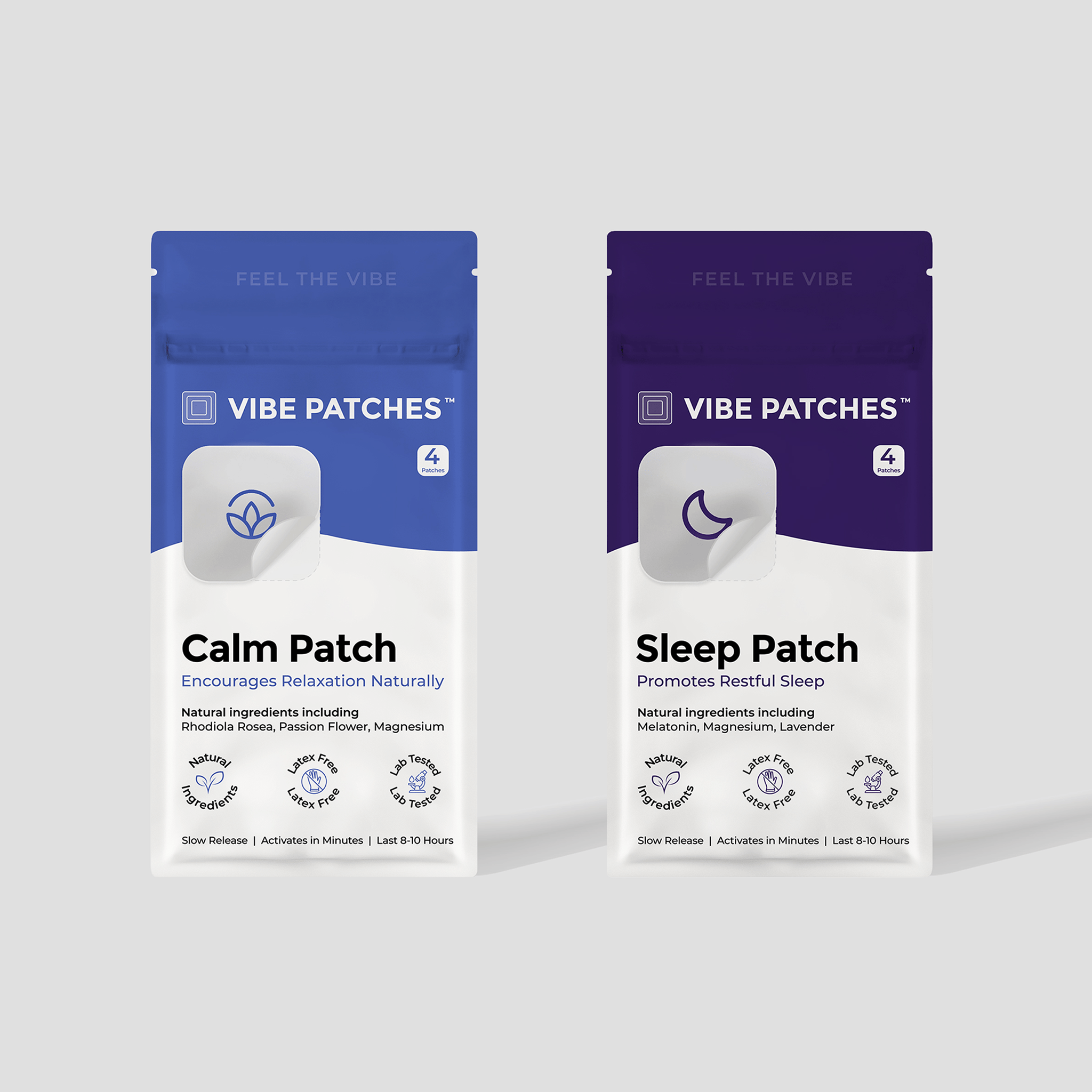The question “Does music help you study?” pops up in classrooms, libraries, and group chats around the world. With so many students plugging in their headphones during study sessions, it’s time to look beyond opinions and uncover the truth. Drawing on the latest research in cognitive science and education, this article examines how different types of music can impact memory, focus, and productivity—so you can make smarter choices about your study habits.
Why Do So Many Students Listen to Music While Studying?
Many students listen to music while studying because it creates a personalized environment that helps them feel more comfortable and focused. For some, music acts as a buffer against distracting background noise, making it easier to concentrate in busy homes, crowded libraries, or noisy dorms. Others find that familiar tunes can reduce stress and anxiety, helping them get into a productive mindset. Additionally, listening to music can make long study sessions feel less monotonous, boosting motivation and making the process more enjoyable. Ultimately, music offers a sense of control and routine that helps students tailor their study experience to their unique preferences and needs.
Does Music Help You Study?
The impact of music on studying isn’t one-size-fits-all—while some research suggests that certain types of music can enhance mood, motivation, and even memory, other studies indicate that music with lyrics or complex melodies may actually distract from tasks that require deep concentration. For many students, instrumental or ambient music can create a calm atmosphere that supports focus, especially during repetitive or less demanding tasks. However, when it comes to reading comprehension or learning new material, silence or minimal background noise often leads to better results. Ultimately, whether music helps or hinders your studying depends on the type of music, the nature of the task, and your personal learning style.
Music For Study Facts
- Instrumental or classical music can improve focus and productivity for some students, especially during repetitive or routine tasks.
- Background music may help reduce stress and anxiety, creating a more relaxed study environment.
- Listening to music you enjoy can boost motivation and make studying feel less tedious.
- Music without lyrics is less likely to interfere with reading comprehension or complex problem-solving.
- The effectiveness of music while studying varies from person to person, depending on individual preferences and the type of task.
Music For Study Myths
- All music helps you study better, regardless of genre or lyrics.
- Listening to music always improves memory and learning outcomes for everyone.
- The “Mozart Effect” guarantees higher intelligence or better grades just by listening to classical music.
- Multitasking with music and studying is equally effective for all types of academic work.
- Students who don’t listen to music while studying are missing out on a proven productivity hack.
Are Classical and Lo-Fi Beats Truly the “Best Study Music”?
Classical and lo-fi beats are often hailed as the “best study music” because they typically feature soothing, instrumental sounds that minimize distractions and help create a calm, focused atmosphere. Unlike music with lyrics or abrupt changes in tempo, these genres provide a steady background that can enhance concentration and reduce anxiety for many students. However, while research suggests that instrumental music can support certain types of cognitive tasks, there’s no universal “best” genre—what works best depends on individual preferences and the specific demands of the study material. Ultimately, the ideal study soundtrack is the one that helps you feel relaxed, motivated, and able to concentrate on your work.
How Long Should Study Sessions With Music Last?
The ideal length of study sessions with music varies depending on your personal focus and the complexity of the material, but many experts recommend studying in intervals of 25 to 50 minutes, followed by short breaks. This approach, often called the Pomodoro Technique, helps maintain concentration and prevents mental fatigue, whether you’re listening to music or not. Music can make these focused intervals feel more enjoyable and less stressful, but it’s important to pay attention to how your mind responds—if you notice your attention slipping or the music becoming a distraction, it may be time to switch to silence or take a break. Ultimately, the key is to find a rhythm that keeps you engaged and productive throughout your study session.
Are There Natural Ways to Support Focus Alongside Music?
Yes, there are natural ways to support focus alongside music, such as using nootropic supplements or wellness products designed to enhance mental clarity and alertness. For example, the Focus Patch from Vibe Patches delivers a blend of natural brain-boosting ingredients—including L-Theanine for calm clarity, Alpha GPC for memory and learning support, and natural caffeine for clean energy—directly through your skin for steady, all-day focus without the jitters or crashes of traditional stimulants. Enhanced with Lion’s Mane mushroom extract and CoQ10, this patch helps you stay sharp and productive during study sessions, work sprints, or creative flow states. Combining these natural focus aids with your favorite study music can help you create an environment that keeps your brain energized, alert, and ready to tackle any academic challenge.
Why Might Combining Music With Focus Patches Create the Ultimate Study Routine?
|
Benefit of Music |
Benefit of Focus Patches |
Combined Effect |
|
Reduces background distractions |
Delivers steady, all-day mental clarity |
Enhanced focus and fewer interruptions |
|
Boosts mood and motivation |
Supports calm alertness with L-Theanine |
Positive mindset and sustained attention |
|
Makes studying more enjoyable |
Provides clean energy with natural caffeine |
Longer, more productive study sessions |
|
Helps manage stress and anxiety |
Includes Alpha GPC for memory support |
Lower stress and improved retention of information |
|
Customizable to personal taste |
Easy, jitter-free application |
Personalized, convenient, and effective study routine |
Common Music For Study Mistakes To Avoid
- Choosing Distracting Music: Opting for songs with lyrics or complex melodies can interfere with reading comprehension and make it harder to concentrate.
- Playing Music Too Loudly: High volume levels can overwhelm your senses, making it difficult to focus and potentially leading to mental fatigue.
- Constantly Switching Songs: Frequently changing tracks or playlists disrupts your flow and breaks your concentration during deep work.
- Using Unfamiliar or Energetic Genres: Playing new or highly energetic music can capture your attention, preventing it from fading into the background and supporting focus.
- Relying on Music Every Time: Depending on music for every study session may backfire, as some tasks are better suited to silence or a quieter environment.
Conclusion
In the end, whether music helps you study comes down to your personal preferences, the type of music you choose, and the demands of your study tasks. While instrumental or calming tracks can boost focus, motivation, and even enjoyment for many students, it’s important to avoid common pitfalls like distracting lyrics or excessive volume. Combining music with natural focus aids, such as Focus Patches, can further enhance your concentration and productivity, creating a study routine that’s both effective and enjoyable. By experimenting with different strategies and paying attention to what works best for you, you can craft a personalized approach that supports your academic success and keeps you motivated along the way.
Final Thoughts
Ever wish you could support your focus, energy, and well-being while studying—without the inconvenience of swallowing pills or carrying bottles everywhere? Vibe Patches makes it easy with their innovative topical patches designed for life on the move. From bouncing back after late-night study marathons with the Hangover Patch, to finding peace with the Calm Patch, boosting your stamina with the Energy Patch, or getting better sleep with the Sleep Patch, there’s a patch for every need. Check out the complete Vibe Patches collection and upgrade your daily wellness routine with simplicity and style.
Sources


